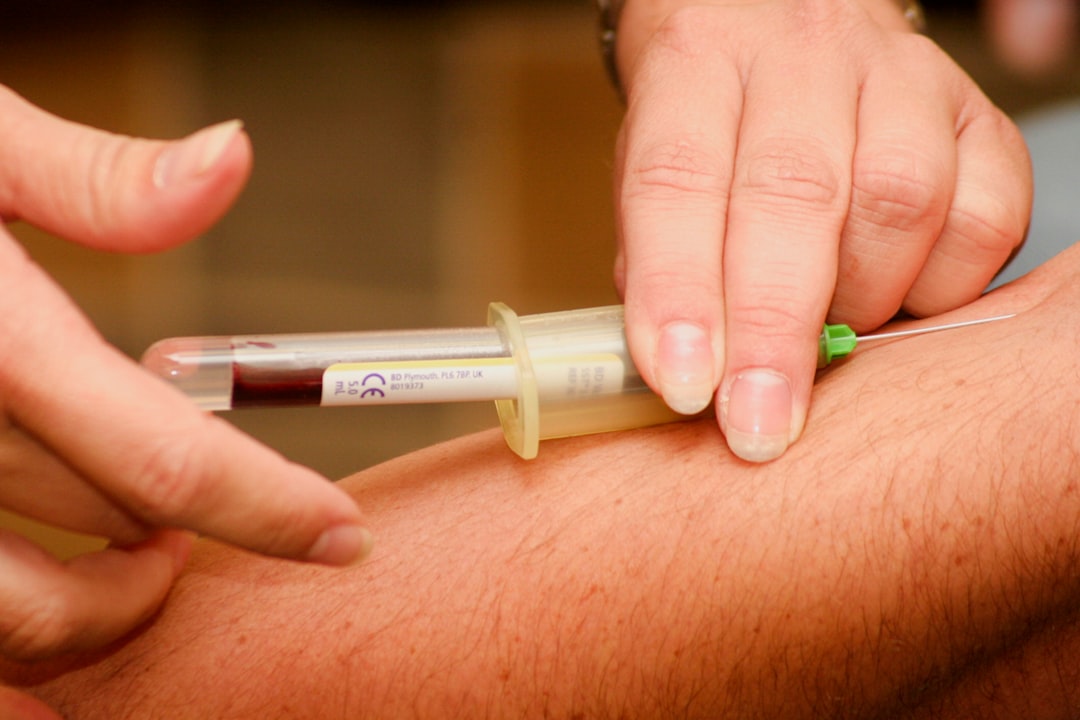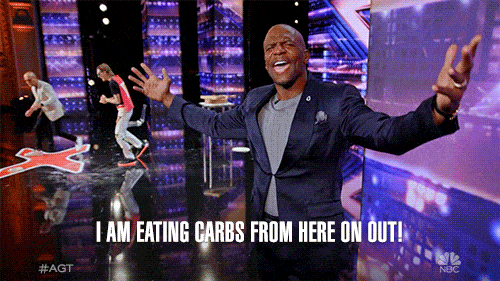- The Daily Tonic
- Posts
- Should you cut carbs? Should you cut protein?
Should you cut carbs? Should you cut protein?
Plus: LDL Cholesterol—a deep dive!
Friday. No one is safe. Just when you thought you could anonymously complain about your job online, it turns out you can’t. Users of Glassdoor (you know, the site known for anonymous employee reviews of companies) are reporting that their names and job titles are being added to their accounts without their consent (READ THE STORY HERE). Double yikes.
Let the record show that I love writing for the Daily Tonic and have zero complaints about my job. Moving on—there is so much confusion out there when it comes to nutrition. So what is the deal with cutting carbs, and is too much protein bad for you? Let’s dive in.
DEEP DIVE
Fewer Carbs, More Protein? What’s Fact and What’s Fiction?
There is so much noise out there in the nutrition space. Social media, especially, is full of contradicting information. On one hand, we hear that cutting carbs is the key to weight loss and improved health. On the other, we're told that protein is essential, although apparently, you need to be careful and not have too much. So, what's fact and what's fiction? Let’s try to sort through some of the noise.
Let's start with carbs. They often get a bad rap, labeled as the enemy of weight loss. However, research paints a more complex picture. Studies have shown that low-carb diets can indeed lead to biological changes, including mood disruptions (READ THE STUDY HERE).
This is because carbohydrates play a crucial role in boosting serotonin levels, a chemical that not only lifts our mood but also suppresses appetite. So, when we skimp too much on carbs, we might find ourselves grumpier and hungrier. Who wants that?
Interestingly, a mix of high-protein and high-carb breakfasts has been shown to be more effective in keeping people full and satisfied than high-fat, high-protein meals (HERE IS THE STUDY).
This suggests that keeping carbs in our diet, especially the less processed types like fruits, vegetables, and whole grains, can be beneficial in managing hunger and maintaining weight loss over time—all good things.
Now, onto protein. Recently, there's been some buzz around the idea that too much protein could harm our arteries, leading to cardiovascular disease. A recent study has led to headlines like this:
So what gives? I thought protein was a good thing.
This claim was based on a study with mice predisposed to atherosclerosis, which found that excessive protein intake might activate a pathway linked to arterial health (HERE IS THE STUDY). However, it's crucial to note that this study does not directly translate to humans. The follow-up research involving human participants only observed the activation of a biomarker related to immune system function, not the direct cause of cardiovascular issues. The leap from these findings to declaring high-protein diets a threat to heart health seems, at best, premature.
The key takeaway? Balance and moderation are key. For carbs, it's not about cutting them out entirely but rather choosing healthier, less processed options that will promote better satiety and better mood. When it comes to protein, the fear that going slightly over a certain percentage will lead to heart disease is not supported by conclusive human research—many of those headlines are just trying to lure you into a click.
So, remember—always take sensational headlines with a grain of salt and focus on what works best for your individual preferences and lifestyle. As long as you are focusing on whole, unprocessed foods that meet your macronutrient and micronutrient requirements, you can’t really go wrong. It’s once you start getting into the weeds and trying to follow the latest advice on TikTok that things get overly complicated and counterproductive.
OUR PICKS
Tonic Shots
Artificial intelligence will radically improve health care, but only if managed carefully. (READ MORE)
Again—no surprises here. Adults younger than 40 with good cardiovascular health have lower heart disease, stroke, and kidney disease risk. (READ MORE)
Does cold water immersion really boost immunity, athletic performance? (READ MORE)
FROM THE ARCHIVE
LDL Cholesterol—A Deep Dive

If you’ve ever done any research on cholesterol, you’ve probably read about HDL and LDL cholesterol. Low-Density Lipoprotein Cholesterol (LDL-C) refers to the cholesterol that often accompanies low-density lipoprotein. It is sometimes called the “bad” cholesterol due to its association with plaque buildup, which can lead to atherosclerosis and a whole array of heart conditions you want to avoid.
So why is LDL cholesterol so important?
For a fixed level of HDL, the cardiovascular risk can increase three-fold as LDL varies from low to high. Simply put, an elevation of LDL could strongly increase your cardiovascular risk. Notably, risk factors associated with high LDL are even more concerning when other biomarkers like Triglycerides, HbA1c, and hsCRP are also elevated.
LDL is often thought of as the cholesterol that can clog blood vessels. It is termed “bad” because it can transport lipids into artery walls, causing them to harden. This makes sense, given that research from major prevention trials has found a linear relationship between LDL levels and the rate of coronary events.
However, some experts argue that the focus on LDL might not be the most relevant. The total cholesterol to HDL ratio might be a better predictor than LDL alone. In fact, the ratio of triglycerides to HDL might be an even more accurate predictor.

